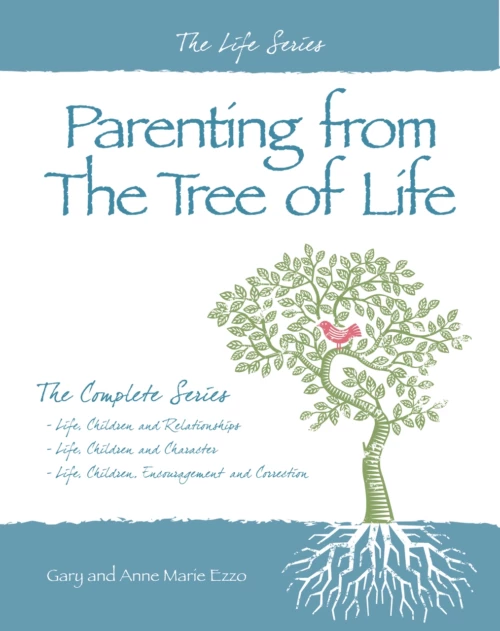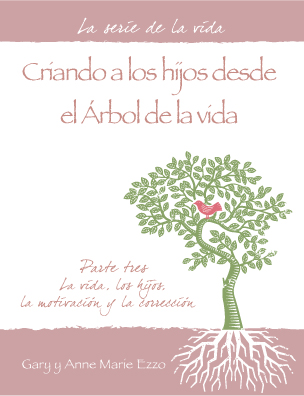-
Parenting from the Tree of Life is not an easy task, in this age of uncertainty, where declining cultural values put enormous stress on families, especially on those parents who still believe there are standards of right and wrong and everyday courtesies worth instilling into their children. Be encouraged: parenting from a Life perspective, to say the least, is life-changing. Gary and Anne Marie Ezzo present a persuasive argument for raising children in a life-giving home environment.
-
Part one of the Life Series stressed the relational components associated with child training that lead to healthy outcomes. Now in part two, the focus shifts to the moral education of children. Over the next six visits, Gary and Anne Ezzo, along with Rich and Julie Young, will demonstrate how young children learn moral lessons, internalize meaningful values, and then translate them into social skills. Raising children who are kind, courteous, respectful, cooperative, confident and sensitive to the needs of others, is not a wish list from “never-never” land, but the consistent outcomes that have followed the Ezzos’ teaching for over thirty years. However, they would be the first to warn that such moral outcomes take time, effort, patience, and a commitment from parents to rise above the cultural tide of mediocrity. The formula for helping children acquire the motivation and conviction to choose right over wrong, good over evil, excellence over mediocrity, and initiative over apathy is contained within the next six visits.
-
Parenting from the Tree of Life is not an easy task, in this age of uncertainty, where declining cultural values put enormous stress on families, especially on those parents who still believe there are standards of right and wrong and everyday courtesies worth instilling into their children. Be encouraged: parenting from a Life perspective, to say the least, is life-changing. Gary and Anne Marie Ezzo present a persuasive argument for raising children in a life-giving home environment.
-
As a mom or dad you probably have come to realize there are times when your sweet child will reject or strongly oppose your reasonable instructions. Usually, this happens because your child doesn’t know your instructions are reasonable. What can and should you do to keep your son or daughter on track and moving forward? We suggest you guide with instruction, motivate with encouragement and establish necessary boundaries through correction. There are a number of corrective strategies parents can use to their advantage, but ultimately the best form of parental correction is prevention. There is no better way to deal with behavioral problems than by preventing them from happening in the first place. Much of what we have already discussed in the first twelve visits speaks to the positive, preventative side of training. Yet, the reality remains, correction will still be necessary. The good news is this: understanding the working components of instruction, encouragement and correction will help keep your little one on track and heading in the right direction.






